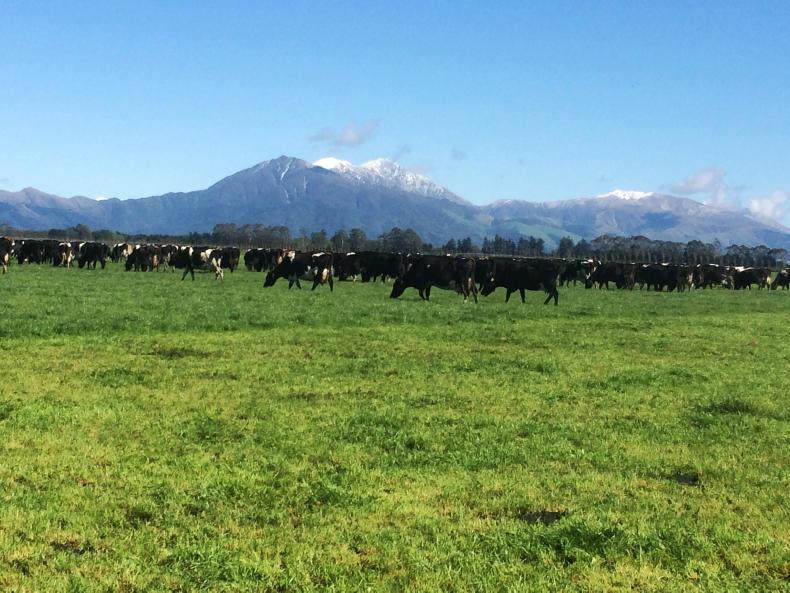Anyone who reads some of the right-wing press in Britain might have noticed a view being perpetuated by a number of commentators that the UK should follow the lead of New Zealand and ditch direct payments to farmers post-Brexit.
The argument is that New Zealand agriculture is now much more efficient and productive without subsidies, with farmers able to respond quickly to market trends. Because it worked in New Zealand, the argument goes that the British government should do the same here.
As pointed out by Robert McCullough from Danske Bank at a press briefing last week, the farming industry here needs to start countering this simplistic view of the future.
What should be remembered is that New Zealand agriculture was heavily subsidised in the 1970s and early 1980s. But with the government in the midst of a budget crisis, it had little option but to end subsidies in 1984.
The next few years were painful for farmers, and no doubt the wider industry has emerged stronger on the other side. Ewe numbers have halved, but lamb output has remained the same. Beef production is down, as more land was switched to more profitable dairy farming. But the scale of farming in New Zealand is on a different level to that seen here, and environmental controls have traditionally been much less.
The average dairy farm is over 400 acres and the average sheep unit over 1,000 acres. Across all farms, the average is 600 acres, six times the average farm size in NI. New Zealand has a similar land mass to Britain, but only 4.6m people and just 58,000 farms. In NI, we have virtually half of that.
Before anyone advocates New Zealand agriculture as the model for here, perhaps they should think through the impact on rural society of removing all direct support. Also, would they be willing to relax environmental controls, allowing farmers the same freedom to farm?






 This is a subscriber-only article
This is a subscriber-only article









SHARING OPTIONS: